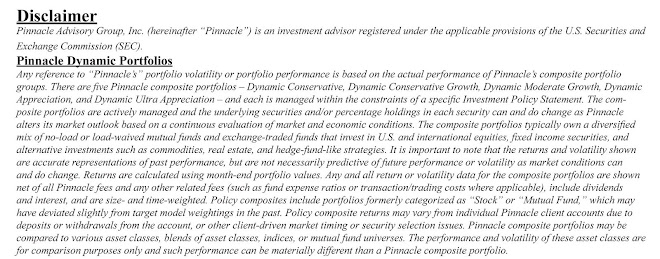Although a 0.36% rise in rates may not seem that large, it’s already started to have an impact in the housing market. According to a weekly report from the Mortgage Bankers Association, 30-year mortgage rates rose from 4.28% to 4.46% last week, causing substantial declines in applications for both new purchases and refinancings (see the table below). Considering that the Fed is specifically trying to drive interest rates lower in order to help the housing market, they can’t be very pleased by the market’s reaction so far. It may just be a short-term phenomenon, or it could be a broader signal that the market doesn’t have much confidence in QE2’s ultimate effectiveness. The Fed is undoubtedly watching this very closely, and hoping that it’s the former, not the latter.
Thursday, November 18, 2010
Bond Market Not Cooperating With QE2
Since November 2nd, the day before the Federal Reserve officially unveiled QE2 (consisting of $600 billion in new purchases of Treasury securities), the 10-year Treasury yield has climbed by 36 basis points, from 2.59% to 2.95%. Higher yields run counter to the Fed’s intentions, since they’ve specifically cited lower interest rates as one of the main reasons for implementing QE2. They believe that if they can drive rates even lower than they are now, it will help spur economic activity and support the recovery.


